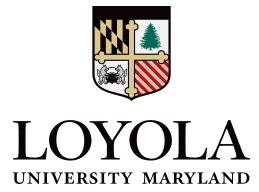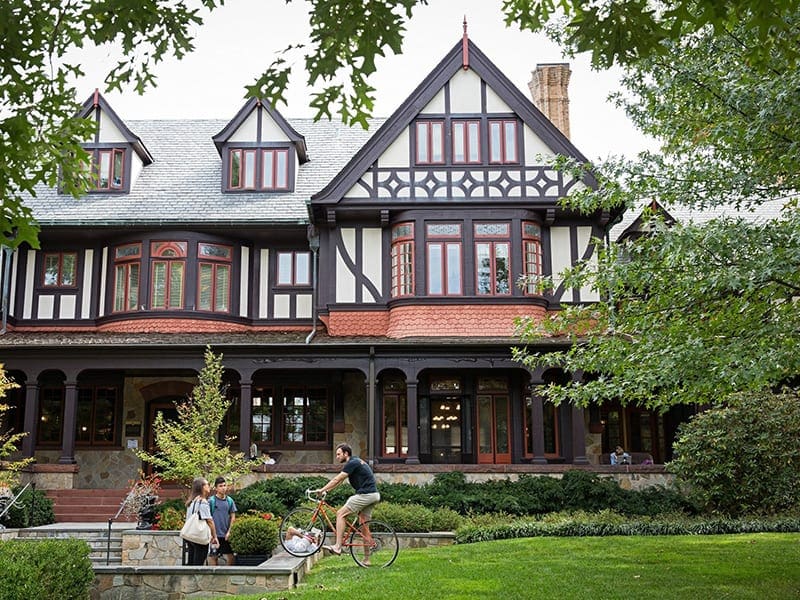Loyola University Maryland
Member since: 2013
Student population: 5,282 (3,822 undergraduate, 1,460 graduate)
Why We Value Being a Member of the Maryland Collaborative
Loyola University Maryland values the relationship that we have with the Maryland Collaborative for many reasons. Primarily, this alliance has has provided resources, data, and research that contribute to Loyola’s ability to continue to educate and support our students who present with alcohol-related concerns and questions. The Maryland Collaborative has also created the Maryland College Alcohol Survey (MD-CAS) which is administered to Loyola students every other year and provides institution-specific data, in addition to comparison data from other participating Maryland colleges and universities. Loyola is committed to providing an evidence-based and data-driven approach to educating our community, and the Maryland Collaborative offers the opportunity to maintain strong partnerships with other Maryland schools.
Campus Council and Governance Council Members
- Campus Council member: Marian Aden, Director of Student Conduct
- Governance Council: Terrence M. Sawyer, JD, Loyola University of Maryland Interim President
About the School
Loyola University Maryland, established in 1852, is a Catholic, Jesuit comprehensive university offering undergraduate, master’s, doctoral and master’s level certificate programs. The undergraduate program features 36 disciplines and includes a diverse selection of electives. Students may study abroad through exchange programs with other universities or in one of the 11 countries where Loyola has programs. A leading provider of professionally focused graduate education, Loyola offers advanced degree and certificate programs in the disciplines of business administration, computer science, education, finance, liberal studies, pastoral counseling, psychology and speech-language pathology. To serve the region’s professionals seeking credentials for personal and career achievement, Loyola has modern graduate campuses in Timonium and Columbia in addition to its Evergreen campus in northern Baltimore City.
Related Resources
Prevention Initiatives:


